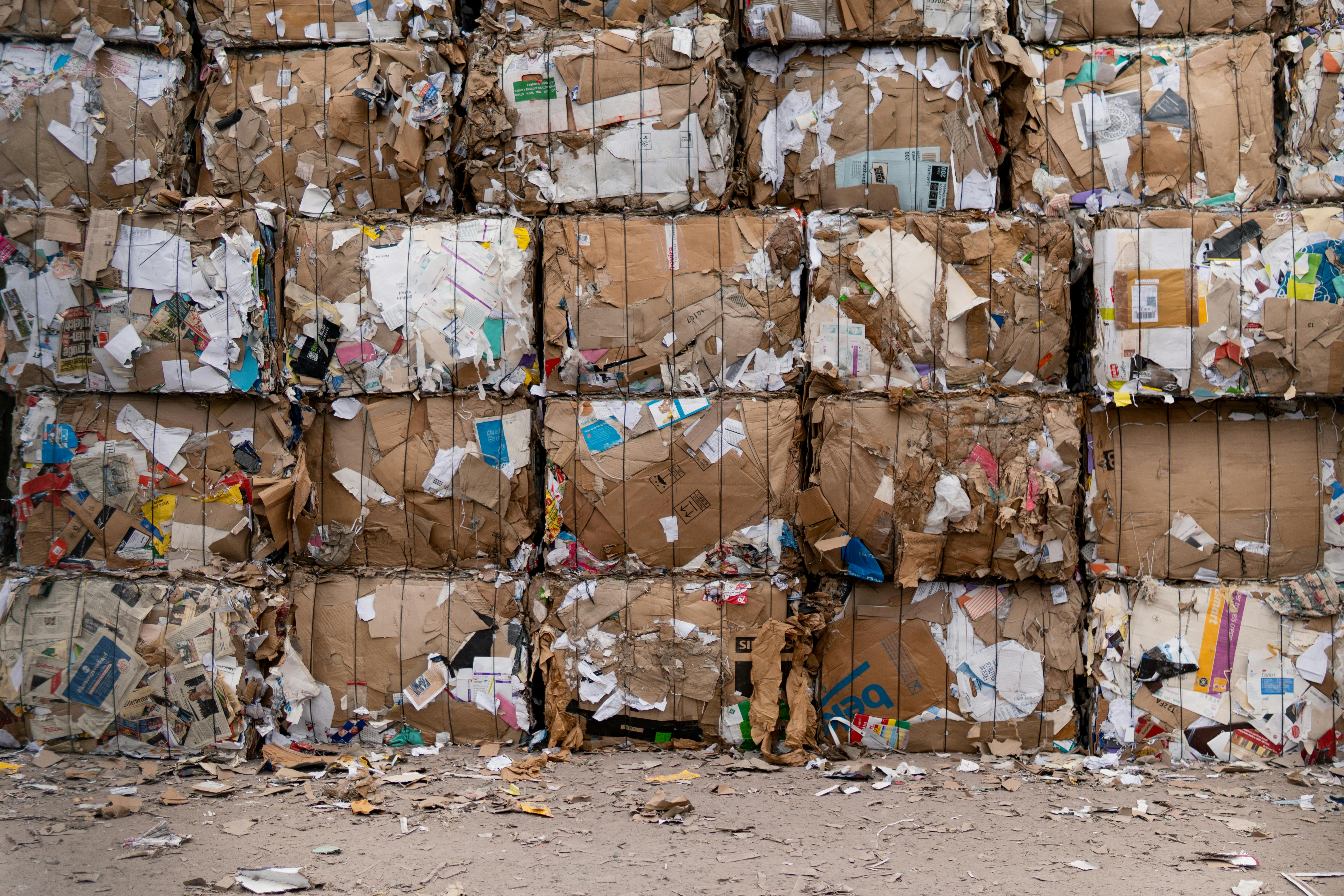 .
.
How to Choose the Best Waste Disposal on Construction Sites
Construction sites generate a lot of waste that needs to be handled properly. With so many waste disposal options available, it can be difficult to choose the best one for the job. In this blog post, we’ll look at the different types of waste disposal, the advantages and disadvantages of each, and the best waste disposal methods for construction sites.
Types of Waste Disposal on Construction Sites
When it comes to disposing of waste on construction sites, there are several options to choose from. Depending on the type of waste and the amount of space available for disposal, the best option will vary.
Here are some of the most common types of waste disposal for construction sites:
1. Landfill Disposal
Landfill disposal is one of the most common ways to dispose of construction waste. It involves burying the waste in a pit and covering it with a layer of soil. This method is relatively cheap and easy to manage, but it can be detrimental to the environment if not managed correctly.
2. Recycling
Recycling is another popular option for disposing of waste on construction sites. This involves separating the waste into different categories such as metal, plastic, and wood and then sending it to be recycled. This is a great way to reduce the amount of waste that is sent to landfills and to reuse materials that would otherwise be thrown away.
3. Incineration
Incineration involves burning the waste to reduce its volume and to turn it into ash. This is a great way to reduce the amount of waste that needs to be stored on-site while also reducing the amount of harmful gases that are released into the atmosphere.
4. Composting
Composting is a great way to reduce the amount of waste that needs to be disposed of on construction sites. This involves breaking down organic waste such as food scraps and yard waste into a nutrient-rich material that can be used to fertilize plants and improve soil quality.
Advantages and Disadvantages of Different Waste Disposal Methods
Each type of waste disposal method has its own advantages and disadvantages. Here are some of the most common pros and cons of each type of waste disposal:
1. Landfill Disposal
Advantages:
– Relatively cheap and easy to manage
– Can be used for a wide variety of materials
– Can reduce the amount of waste that needs to be hauled off-site
Disadvantages:
– Can be detrimental to the environment if not managed properly
– Can attract pests and vermin
– Can produce harmful gases
2. Recycling
Advantages:
– Reduces the amount of waste sent to landfills
– Reuses materials that would otherwise be thrown away
– Can be beneficial to the environment
Disadvantages:
– Can be time-consuming and labor-intensive
– Can be costly
– Can require specialized equipment
3. Incineration
Advantages:
– Reduces the amount of waste that needs to be stored on-site
– Reduces the amount of harmful gases released into the atmosphere
– Can be used for a wide variety of materials
Disadvantages:
– Can be costly
– Can require specialized equipment
– Can produce toxic fumes
4. Composting
Advantages:
– Reduces the amount of waste that needs to be disposed of off-site
– Produces a nutrient-rich material that can be used as fertilizer
– Can improve soil quality
Disadvantages:
– Can be time-consuming and labor-intensive
– Can attract pests and vermin
– Can produce odors
Which Waste Disposal Method is Best for Construction Sites?
When it comes to choosing the best waste disposal method for construction sites, there is no one-size-fits-all solution. The best option will depend on the type of waste being generated, the amount of space available for disposal, and the budget of the project.
Here are some of the most common waste disposal methods used on construction sites, along with their advantages and disadvantages:
1. Landfill Disposal
Advantages: Relatively cheap and easy to manage, can be used for a wide variety of materials, and can reduce the amount of waste that needs to be hauled off-site.
Disadvantages: Can be detrimental to the environment if not managed properly, can attract pests and vermin, and can produce harmful gases.
2. Recycling
Advantages: Reduces the amount of waste sent to landfills, reuses materials that would otherwise be thrown away, and can be beneficial to the environment.
Disadvantages: Can be time-consuming and labor-intensive, can be costly, and can require specialized equipment.
3. Incineration
Advantages: Reduces the amount of waste that needs to be stored on-site, reduces the amount of harmful gases released into the atmosphere, and can be used for a wide variety of materials.
Disadvantages: Can be costly, can require specialized equipment, and can produce toxic fumes.
4. Composting
Advantages: Reduces the amount of waste that needs to be disposed of off-site, produces a nutrient-rich material that can be used as fertilizer, and can improve soil quality.
Disadvantages: Can be time-consuming and labor-intensive, can attract pests and vermin, and can produce odors.
Conclusion
Choosing the best waste disposal method for construction sites is no easy task. Each method has its own advantages and disadvantages, and the best option will vary depending on the type of waste, the amount of space available for disposal, and the budget of the project.
At Midland Toilet Hire, we understand the importance of proper waste disposal on construction sites. We offer a range of services to ensure that your waste is handled responsibly and in a way that is both cost-effective and beneficial to the environment.
Contact us today to learn more about our waste disposal services and to find the best solution for your construction site.
